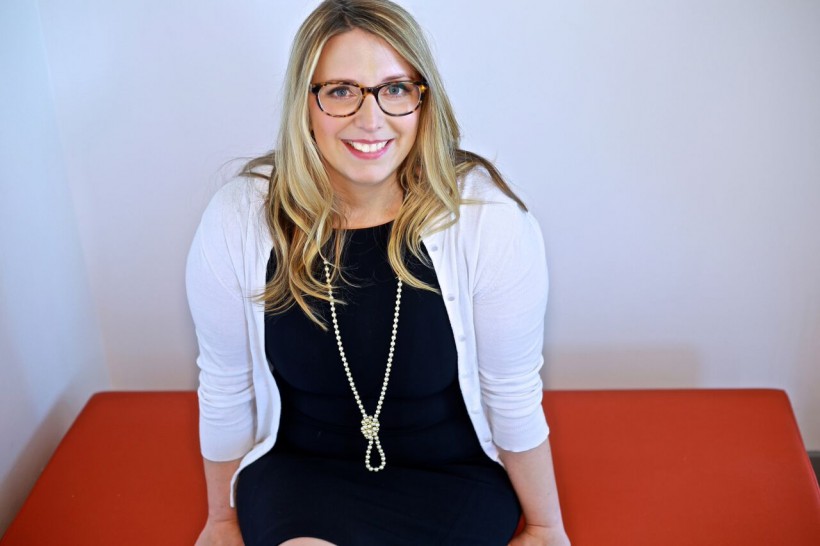As a lawyer, Mandy Woodland specializes in offering entrepreneurs affordable legal advice. Now, she’s also CEO of Caetum, a tech startup that aims to make clinical research easier and more successful.
Woodland said Caetum will create a cloud-based application for budgeting and organizing clinical trials that will be cheaper, easier to use and offer better predictive analysis than competing products.
“Our product will make it easier for researchers to budget. That will lead to more successful trials and more successful trials are good for patients,” she said.
“Our application will also be available to researchers working in other areas.”
Caetum grew out of Woodland’s participation in the Master of Technology, Entrepreneurship and Innovation program at St. Mary’s University in Halifax.
The MTEI program had seemed the right fit for Woodland when she was looking to further her education, which already included degrees in science from Memorial University in St. John’s and law from Halifax’s Dalhousie University.
Once in the program, St. John’s-based Woodland met her initial co-founders and began the task of developing a notification platform with healthcare and clinical trial applications.
Interviews with potential users revealed that those involved in running clinical trials struggled with budgeting.
Interviewees said they found similar, existing products expensive and time-consuming to use.
Now, the Caetum founders are creating a beta version of their own application. If tests go well, they hope to have the product on the market by spring next year.
Working on Caetum is just one more responsibility for Woodland who already has many professional and volunteer roles.
She owns Mandy Woodland Law. She also operates the Canadian practice of Damsel in Defense, a legal education course. Both aim to provide entrepreneurs with accessible legal understanding and protection.
“Most startups face the same issues,” she said. “They find it hard to access funds and professional services because they’re bootstrapping their businesses.
“I wanted to find a way to help. Getting away from expensive hourly billing was important. I found clients refused to make preventative phone calls until something went wrong. I wanted to fix that.”
Her newest venture is a partnership with digital strategist and PR consultant Karen Moores. Their new venture, Moores Woodland, will allow them to offer consulting services in digital media and privacy.
Woodland said she didn’t expect to get a startup out of the MTEI program, although Caetum is a natural progression for someone with a background in medical research and law.
“I wanted skills applicable to everything I do,” she said. “But it’s turned out well.”
Woodland’s interest in law was first piqued when she took a course in criminology as part of her undergraduate degree in science.
After finishing her science degree, she began working in medical research. She found she liked the work but disliked her working environment. When a friend in law school encouraged her to study law, she was tempted but cautious.
“It’s a big leap to give up work to take on an expensive program and move to another province.”
But she took the step and found the transition aided by working at the College of Pharmacy at Dalhousie, and doing some research for a legal professor.
These days, her volunteer roles include acting as Chair of the Newfoundland and Labrador Association of Technology Industries. She’s also a board member at the Newfoundland and Labrador Organization of Women Entrepreneurs.
She said the MTEI program – which advertises on Entrevestor -- gave her a better understanding of herself as well as a new company.
“We were asked to examine why we do what we do. I realized I’d felt driven to help people for as long as I could remember.
“My father’s an entrepreneur and my brother is also entrepreneurial. I work with entrepreneurs who are changing the world and helping others. It makes me happy to help them.”










